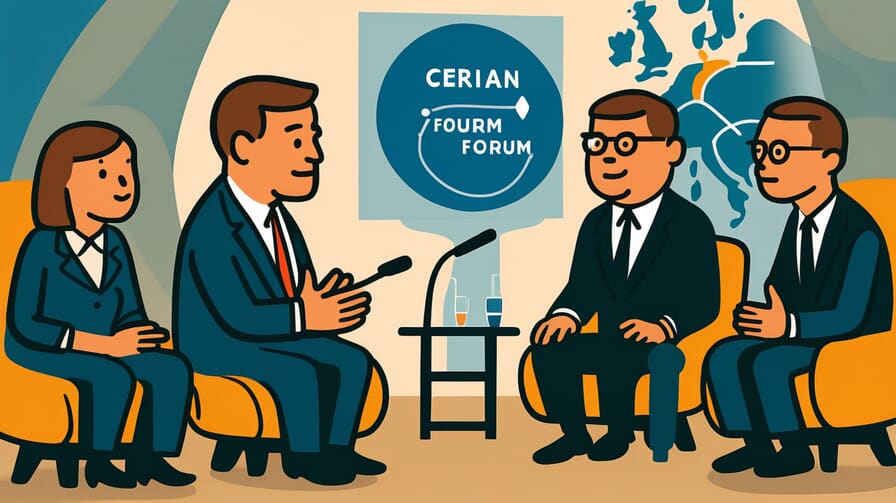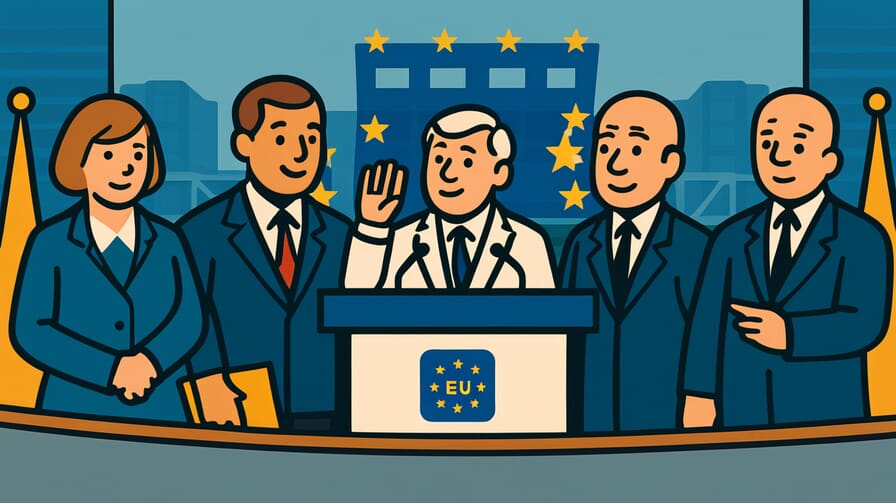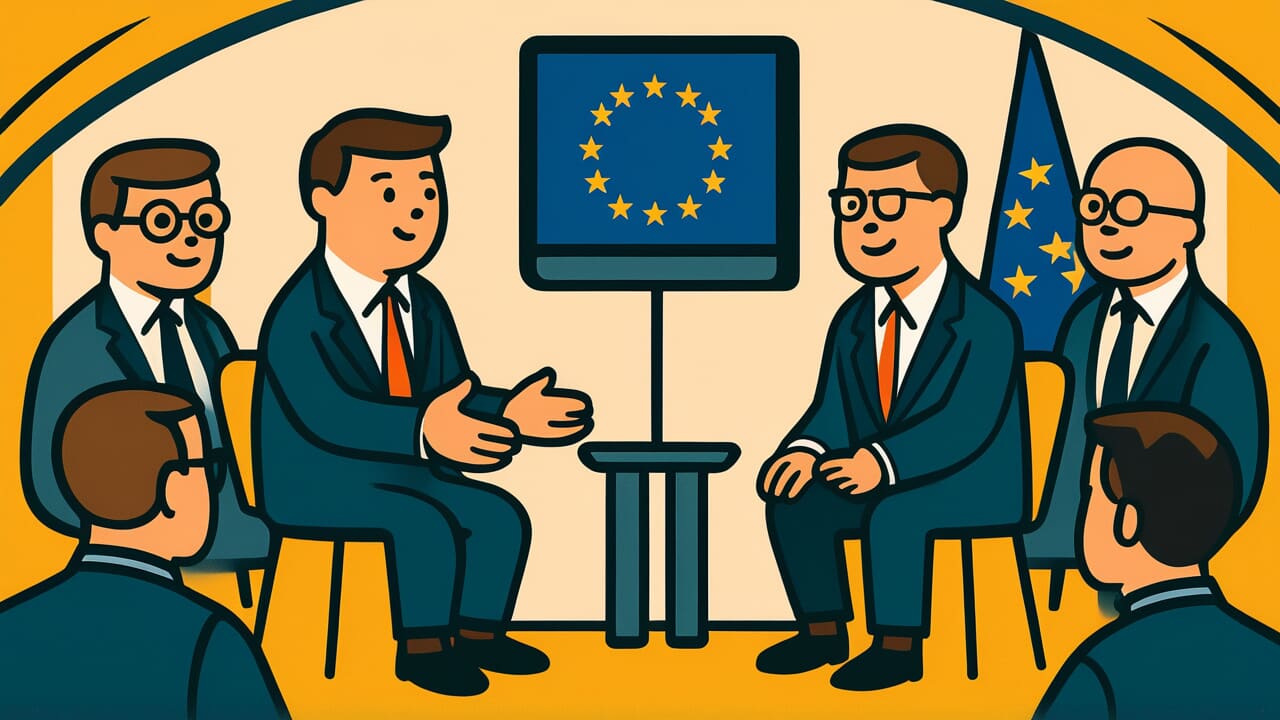[Disclaimer] This article is reconstructed based on information from external sources. Please verify the original source before referring to this content.
News Summary
The following content was published online. A translated summary is presented below. See the source for details.
On September 6, 2025, EU Commissioner Valdis Dombrovskis delivered a keynote speech at the Cernobbio Forum, addressing critical challenges facing the European Union. Dombrovskis, serving as Commissioner for Economy and Productivity, and Commissioner for Implementation and Simplification, focused on enhancing Europe’s competitiveness and addressing security concerns. He highlighted the EU’s modest economic growth projections of about 1% for 2025 and 1.2-1.4% for 2026, emphasizing the need for strategies to boost competitiveness. Dombrovskis outlined key challenges, including single market fragmentation, high energy costs, and regulatory burdens. He also addressed the ongoing security threats, particularly the war in Ukraine and its implications for EU defense and security policies. The Commissioner emphasized the importance of the new economic governance framework implemented in April 2024, which allows for increased defense spending flexibility. Dombrovskis called for coordinated action to strengthen the EU’s economic resilience and security posture in the face of geopolitical uncertainties and cyber threats.
Source: European Commission Press Corner
Our Commentary
Background and Context

The Cernobbio Forum, officially known as the Forum Ambrosetti, continues to be a pivotal platform for high-level discussions on European and global affairs. Commissioner Dombrovskis’s address comes at a critical juncture for the EU, as it grapples with economic challenges and security threats that have evolved significantly since 2024. The EU’s implementation of a new economic governance framework in April 2024 marks a significant shift in fiscal policy, aiming to balance growth stimulation with debt sustainability.
Expert Analysis
Dombrovskis’s speech reflects the EU’s ongoing struggle to maintain competitiveness in a challenging global environment. The modest growth projections underscore the urgency of addressing structural issues within the EU economy. The Commissioner’s focus on simplification and competitiveness aligns with the European Commission’s 2025 work program, indicating a concerted effort to streamline regulations and boost economic performance.
Key points:
- The EU faces persistent challenges in single market integration and regulatory burden reduction.
- Energy costs and supply diversification remain critical for economic competitiveness.
- The new fiscal framework provides flexibility for increased defense spending, reflecting heightened security concerns.
Additional Data and Fact Reinforcement
Recent data reinforces the challenges outlined by Commissioner Dombrovskis:
- EU GDP growth is projected at 1% for 2025 and 1.2-1.4% for 2026.
- The ‘national escape clause’ of the Stability and Growth Pact allows for additional defense spending of up to 1.5% of GDP.
- Inflation is expected to meet ECB targets by mid-2025, easing pressure on monetary policy.
Related News
The ongoing war in Ukraine continues to shape EU policy, with experts viewing its outcome as critical to EU interests. Additionally, the EU’s focus on cyber security and hybrid threats has intensified, reflecting the evolving nature of security challenges in 2025.
Summary

Commissioner Dombrovskis’s address at the Cernobbio Forum 2025 encapsulates the EU’s dual focus on economic competitiveness and security resilience. The new economic governance framework and the flexibility for defense spending highlight the EU’s adaptive approach to addressing these intertwined challenges. As the Union navigates geopolitical uncertainties and internal economic hurdles, the success of these policies will be crucial in determining the EU’s global standing and internal cohesion in the years to come.


